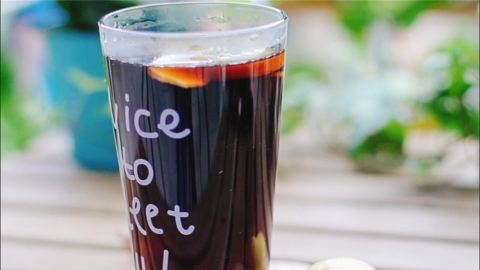Can I drink ginger juice cola during postpartum confinement?
The term "sitting the month" usually refers to the postpartum period. Generally, it is acceptable during this period to drink a small amount of warm ginger-flavored cola, but attention should be paid to frequency and quantity—avoid excessive consumption or drinking chilled ginger cola. The specific analysis is as follows:

Ginger juice is warming in nature and can help postpartum mothers dispel internal coldness, improve blood circulation, and relieve discomforts such as cold hands and feet or mild chills after childbirth. The sugar content in cola can quickly replenish energy and reduce postpartum fatigue. However, cola is high in sugar; excessive intake may lead to excessive sugar consumption, increasing the risk of retained postpartum weight and blood glucose fluctuations, and may even affect the baby's taste preferences through breast milk. Moreover, the carbonation in cola may cause bloating and worsen gastrointestinal discomfort common after delivery.
When consuming, only warm ginger cola should be chosen, with each serving limited to less than 100–200 milliliters, and consumed no more than 1–2 times per week. It should not be consumed on an empty stomach. Mothers with a history of gestational diabetes, weak gastrointestinal function, or those who are breastfeeding should be especially cautious and further limit their intake.
In daily life, postpartum women should primarily drink warm water and light soups, while also increasing intake of protein and vitamins to support physical recovery.




